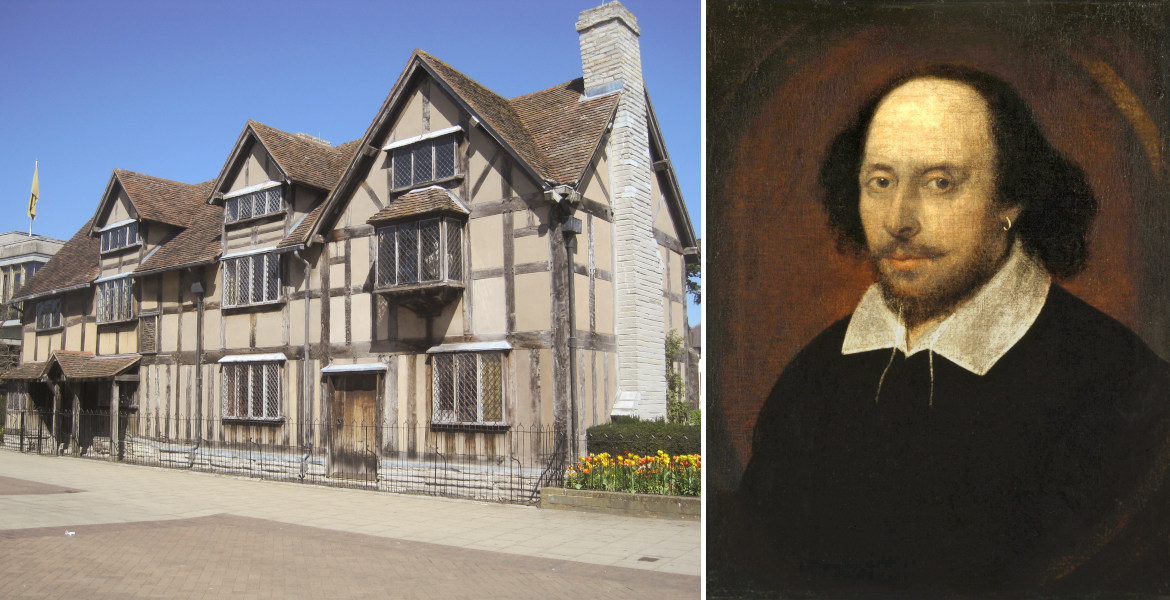In William Shakespeare's birthplace of Stratford-upon-Avon, England, a much-criticized reassessment of the world-famous playwright's cultural heritage is underway.
The Shakespeare Birthplace Trust has decided to “decolonize” its substantial and extensive collection of Shakespeare-related material, among other things, on the grounds that this allegedly risks promoting "white supremacy".
The Shakespeare Birthplace Trust in Stratford-upon-Avon has decided to "decolonize" its collections in a bid to create a more "inclusive museum experience", according to The Telegraph.
It says the decision involves exploring the impact of empire and colonialism on the museum's collections, and how Shakespeare's works have contributed to these narratives.
The foundation believes that some items in the collections may contain "language or depictions that are racist, sexist, homophobic, or otherwise harmful", reports The Standard.
The initiative is a result of a study conducted with Dr Helen Hopkins of the University of Birmingham in 2022. The study criticized the foundation's attractions in Stratford for portraying Shakespeare as a "universal genius" – an idea that allegedly "benefits the ideology of white European supremacy".
As part of the initiative, the Shakespeare Foundation plans to diversify its focus by celebrating global cultural contributions, such as Bengali poet Rabindranath Tagore and Bollywood dance inspired by "Romeo and Juliet".
Dismantling history
However, critics say the decision is part of a broader trend to decolonize cultural institutions. Concerns are expressed that such a reappraisal of historical figures like William Shakespeare could lead to the dismantling of influential white figures in the West, rather than promoting a true understanding of the complex cultural heritage.
The Shakespeare Birthplace Trust stresses that the project should not be seen as a critique of Shakespeare's work, but aims to reassess the historical context of the museum's collections and artifacts.
However, "decolonizing" Shakespeare's legacy risks not only losing the historical context of the world-famous poet's work, according to analysts. It also risks distorting the cultural significance of one of the most influential writers of all time.





